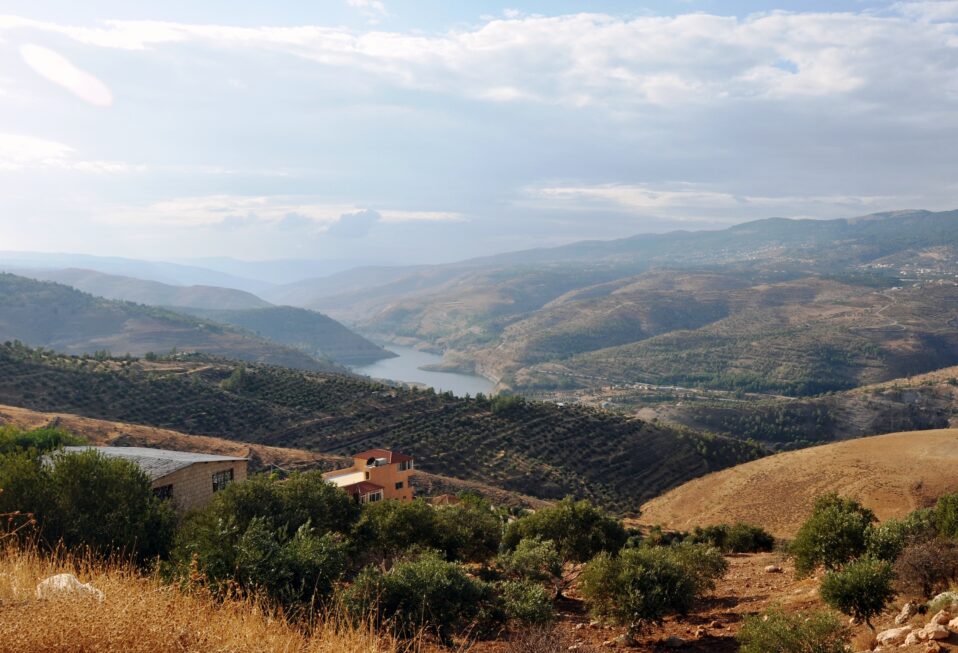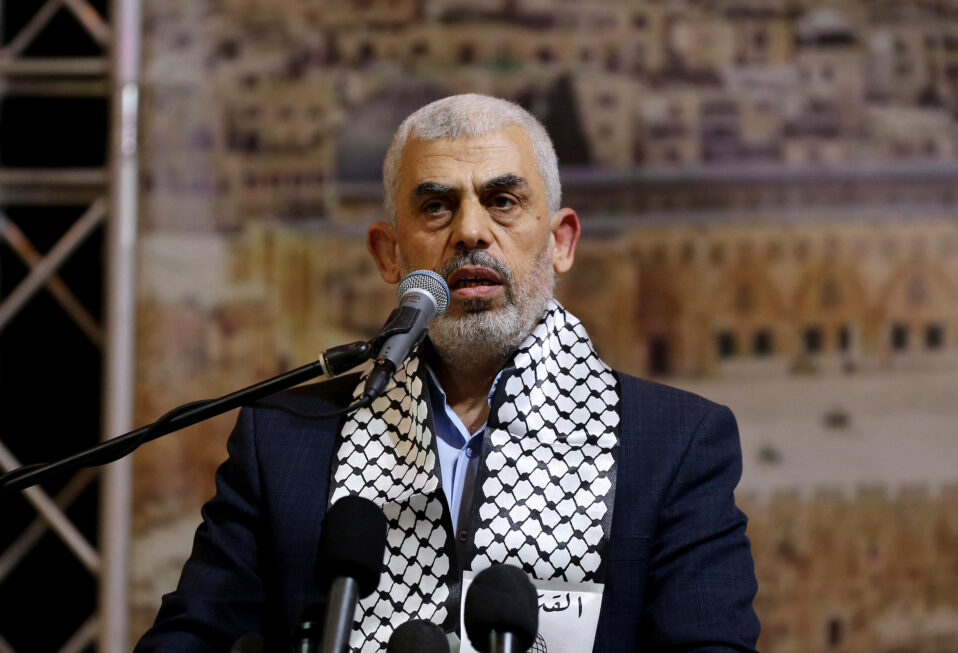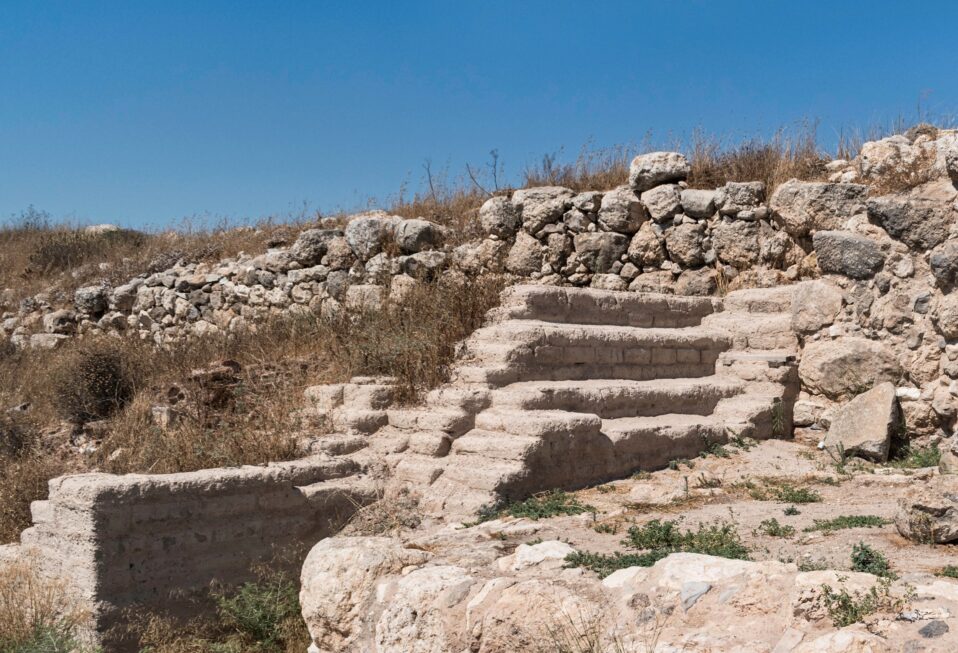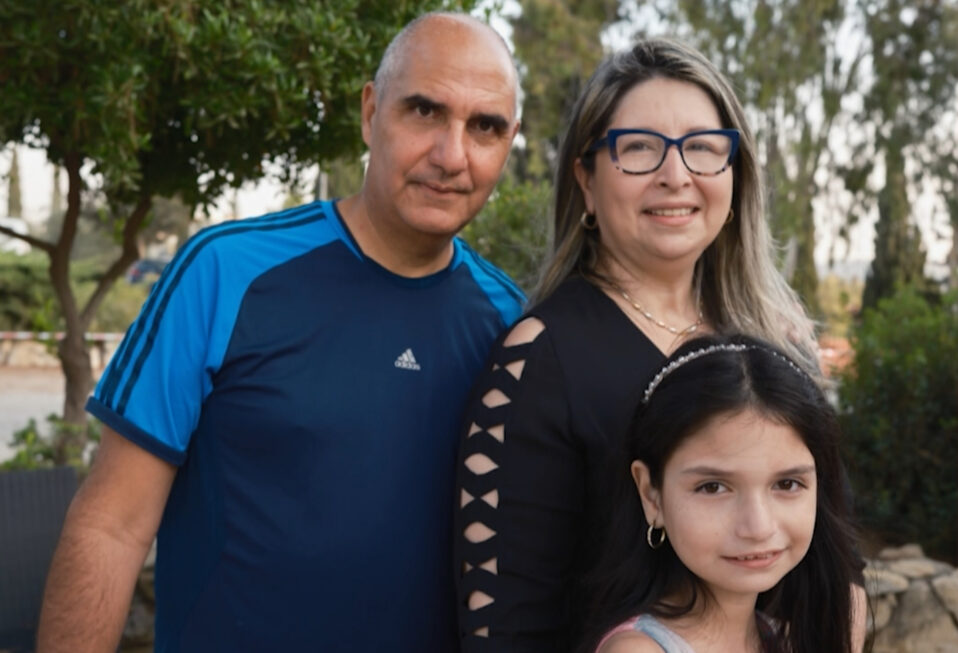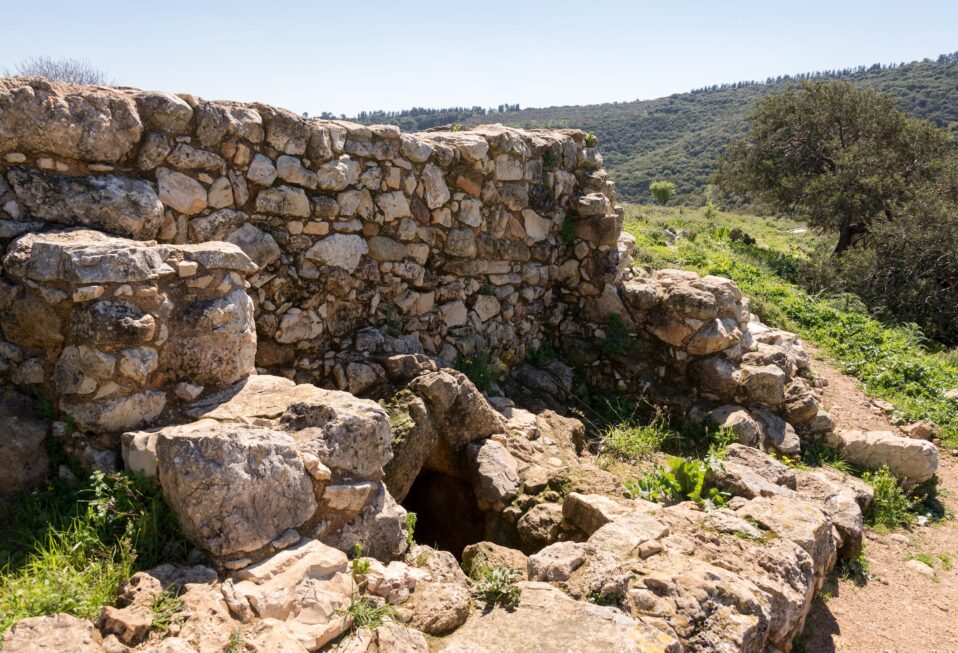By Arlene Bridges Samuels
On December 15, 1961, a court in Jerusalem, Israel, sentenced Nazi SS Lieutenant Colonel Adolf Eichmann to death for crimes against humanity, crimes against the Jewish people, and war crimes. Presiding Judge Moshe Landau articulated that Eichmann’s goal was “to obliterate an entire people from the face of the world.”
Eichmann organized and oversaw “The Final Solution” by dispatching trains from all over Europe to Auschwitz and other death camps. Each train held 1,000 people. Judge Landau observed, “It is as though he committed a thousand acts of premeditated murder each time.”
Hamas’s barbaric murders on October 7, 2023, are codified in their 1988 charter that in part “rejects any alternative to full and complete liberation of Palestine, from the river to the sea.” It further directs: “The day of judgment will not come about until Muslims fight Jews and kill them.”
The Hamas charter imitates the Nazi’s Final Solution described by Judge Landau to “obliterate an entire people [Jews] from the world.” Hamas’s 1,000-plus premeditated murders in one day—inside the Jewish homeland—made it the bloodiest day since the Holocaust. Hamas stays fanatically committed to reaching its future goals. Like Nazis, they burned victims. Like Nazis, they raped victims. Like Nazis, they desecrated bodies.
Since the Holocaust, world organizations have codified laws that address these evils. Within the International Criminal Court, the 1949 Geneva Convention’s Article 8 clearly defines war crimes, genocide, and crimes against humanity. The United Nations and the International Committee of the Red Cross prominently include the same definitions in their documents.
As you read this partial list, apply it to Hamas. Willful killing. Rape. Torture. Inhumane treatment. Extensive destruction of property. Hostage taking and more. These crimes against humanity shock the consciences among people of goodwill.
Hours after Hamas’s barbaric assaults and murders on October 7, 2023, news quickly circulated around the globe prompting reactions of shock and compassion for 1,400 murdered Israelis and those from other countries. Nevertheless, only a few days later, shock faded into new Nazi shouts of “Kill the Jews” in a pandemic marked by another kind of virus, a pandemic of Jew hatred.
Worldwide, masses of violent demonstrators occupied cities while small rogue groups vented their Jew hatred by attacking Jews in schools and on the streets of many countries, including the United States. Once again mainstream media are accomplices and purveyors of Hamas’s propaganda by giving immediate credence to their made-up reports against Israel, as if the Jewish state were the perpetrator.
Although some news outlets occasionally backtrack from dishonest reporting, by then the Jew haters are already consuming and spreading the lies as described in Isaiah 5:20 NIV: “Woe to those who call evil good and good evil, who put darkness for light and light for darkness, who put bitter for sweet and sweet for bitter.”
Surely, “woe” is called for in a legal tribunal for justice against Hamas. Isaiah 1:17 expresses tragedies among hostages, their families, and all Israelis. “Learn to do right; seek justice. Defend the oppressed. Take up the cause of the fatherless; plead the case of the widow.”
Meanwhile, top leaders of Hamas, Ismail Haniyeh and Khaled Mashal, live luxuriously in Qatar. They operate in exile while Palestinians serve as their pawns to carry out terror directives backed by Iran’s Islamic regime. Oil-rich Qatar is a small Persian Gulf peninsula next to Saudi Arabia, ruled by a monarchy led by Sheikh Amir Tanim bin Hamad Al Thani.
Qatar has over two million citizens and runs on a combined legal system of civil and Islamic law. Haniyeh and Mashal live lavishly in five-star hotels, fly in private planes, and manage their billion-dollar bank accounts. After the Hamas murders, they prostrated themselves in thankfulness to Allah in their fancy office.
A Times of Israel article reported that Hamas leaders made their fortunes partly in a 20 percent tax on all goods that passed through tunnels from Egypt into Gaza since 2014. Al Majalla, a Saudi weekly, published a comment the same year from a Palestinian Authority official saying that tunnel-smuggling had turned 1,700 senior Hamas members into millionaires. Almost a decade later, the combination of wealth and hatred are a deadly motivation for Hamas leaders.
Meanwhile, Hamas mainstreams hate into children’s minds though schoolbooks and specializes in brainwashing children in summer camps. The students wear uniforms, shoot guns, and learn terror tactics. Adele Raemer, a survivor of Kibbutz Nirim, is an Israeli educator. Sometimes volunteering in educational initiatives with Palestinian teachers, she saw some of their books. “These children are taught hate in their textbooks,” she explained. “They’re taught, ‘If you have six Jews and you kill four of them, how many Jews do you have left?’”
Pause and consider for a moment: According to a United Nations Development Program (UNDP) report on Gaza, in 2020 a full 60 percent of Gazans lived below the poverty line. In 2022 “almost 63% of households faced moderate food insecurity.” The UNDP estimates that these figures will skyrocket since Hamas terrorists instigated war.
This begs the question of Hamas’s war crimes against Palestinians, too. In 2005, Israel turned Gaza over to Palestinians by forcing its 8,000 Jewish citizens out of Gaza in a difficult and heartbreaking decision that deprived those Israelis of everything. Israel’s ill-founded hope was that Palestinians would develop their own peaceful state.
Instead, Hamas developed Gaza into the largest, most sophisticated terror headquarters in the world, situated purposely under Al Shifa Hospital. They regularly stash weapons and explosives in apartments, schools, hospitals, and mosques knowing that Israel does not intentionally target civilians. Part of the Hamas strategy is to use women and children as human shields. That is a war crime.
NO JEW HAS LIVED IN GAZA FOR 15 YEARS. ISRAEL DOES NOT OCCUPY GAZA. GAZA IS OCCUPIED BY HAMAS AND FUNDED BY IRAN’S ISLAMIC REGIME.
The precedent for holding a war crimes tribunal in Israel was established in 1961, when a Jerusalem court issued a death sentence for the unrepentant SS Lieut. Col. Adolph Eichmann. At midnight—bridging May 31 and June 1, 1962—the Nazi was hanged at the Ramle fortress prison outside Tel Aviv, whereupon Jewish authorities cremated his remains and scattered the ashes in the Mediterranean Sea beyond Israeli boundary waters.
Now is the time to plan arrests. The IDF is searching for Hamas’s Gaza leader Yahya Sinwar, a mastermind of the October 7 atrocities. Sinwar and the top Hamas leaders in Qatar must be transported to an Israeli prison where Israel can initiate a war crimes tribunal to be conducted in their capital.
After World War II, it took years of searching but the Israeli Security Service (Mossad) found Eichmann in Argentina after he escaped in 1946 from U.S. custody. They brought him to Israel to stand trial.
Locating the top Hamas perpetrators is a job that Mossad would welcome.
Please join our CBN Israel team to pray with us, meditating on Proverbs 24:24-25: “Whoever says to the guilty, ‘You are innocent,’ will be cursed by peoples and denounced by nations. But it will go well with those who convict the guilty, and rich blessing will come on them.”
Prayer Points:
- Pray for Prime Minister Benjamin Netanyahu, his security cabinet, and all IDF leaders to make wise decisions.
- Pray for families and friends suffering the loss of brave IDF soldiers, as well as all civilians who were murdered or are still captives.
- Pray for the Druze community, a small Israeli minority that valiantly serves in the IDF. They have suffered the loss of six soldiers thus far.
- Pray for mainstream media to report honestly with unbiased, proven facts.
Arlene Bridges Samuels pioneered Christian outreach for the American Israel Public Affairs Committee (AIPAC). After she served nine years on AIPAC’s staff, International Christian Embassy Jerusalem USA engaged her as Outreach Director part-time for their project, American Christian Leaders for Israel. Arlene is an author at The Blogs-Times of Israel and has traveled to Israel since 1990. She co-edited The Auschwitz Album Revisited and is a volunteer on the board of Violins of Hope South Carolina. Arlene has attended Israel’s Government Press Office Christian Media Summit three times and hosts her devotionals, The Eclectic Evangelical, on her website at ArleneBridgesSamuels.com.


